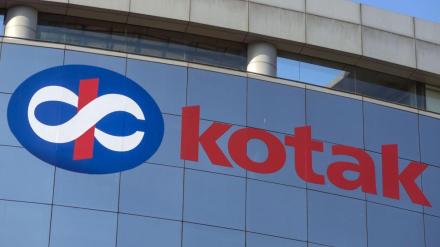US short-seller Hindenburg Research’s arrogant response to the Securities and Exchange Board of India’s (Sebi) show-cause notice on the Adani issue adds a new twist to a sordid saga that has gone on for more than a year now. A hostile response was very much expected from an entity that is beyond Sebi’s jurisdiction, but the shrill tone of Hindenburg’s allegations came as a surprise. Sebi has been accused of treating local corporate biggies with kid gloves and pressuring brokers behind the scenes to close short positions in Adani under the threat of expensive, perpetual investigations. Hindenburg has even threatened to invoke the RTI law to fish out details of what transpired in the multiple meetings between the capital market regulator and Adani officials. While most of the allegations are downright irresponsible, the irony is even Hindenburg is accusing Sebi of making wild charges.
The question therefore is whether anything substantive will come out of this latest mud-slinging. For, Hindenburg is based in the US, has no direct exposure in Indian markets; it doesn’t even have a single Indian employee. In that context, Sebi’s show-cause notice hardly makes any material difference to the case. The regulator has made sundry allegations, most of which will be very difficult to prove. For example, Sebi said that the Hindenburg report contained certain misrepresentations and inaccurate statements, which built a convenient narrative through selective disclosures, catchy headlines to cause panic in Adani share prices, thereby deflating the prices of the group stocks. Proving this is a near-impossible task. Sebi can of course impose financial penalties and bar participation in its capital markets after the 21-day notice period is over, but there is a flip side to that. Foreign entities might see this as yet another move by the country’s regulators to selectively target them while shielding the local entities.
The real surprise, of course, was the entry of Kotak Bank in this drama. Instead of charging a plain fee for its research, Hindenburg cut a profit-sharing deal with Kingdon Capital, which took short futures positions in the Adani Enterprises. The trades by Kingdon brought to the fore the role played by Kotak. Since Kingdon is an overseas firm not regulated in India, it used a Kotak entity, a Mauritius-incorporated foreign portfolio investor (FPI) registered with Sebi, to do the trades. Sebi suspects that K-India Opportunities Fund – Class F opened a trading account and started trading in the scrip of Adani Enterprises before the release of the report. The FPI then squared off the positions in February making a profit of Rs 183.24 crore. Sebi says its investigation highlighted that the trades placed by the entity as “short positions” — a derivatives strategy placed to capitalise on a potential downtrend in share prices — were discussed between Kingdon and Kotak Mahindra Investments.
If Kotak, as a fund vehicle and custodian, had consciously facilitated these Kingdon trades, as alleged by Sebi, it was a violation of fund regulations and code of conduct. It would be interesting to see if Sebi is able to prove this, specially as Kotak has denied it was aware of Hindenburg’s deal with Kingdon and has said the US firm has never been a client of the firm nor has it ever been an investor in the fund. So the question is will this case, at least, find a logical conclusion or will it be yet another case of much ado about nothing.
